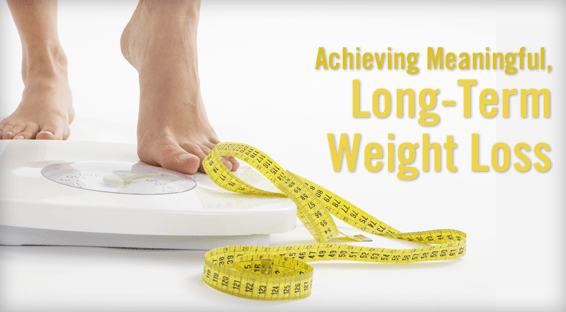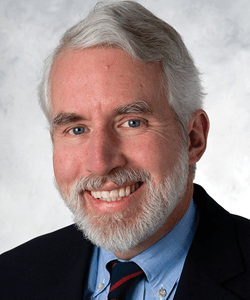The Look AHEAD (Action for Health in Diabetes) study was an important analysis that assessed the long-term effects of an intensive lifestyle intervention (ILI) program designed to induce weight loss among 5,145 overweight volunteers with type 2 diabetes. Participants were randomly assigned to either the ILI program or usual care, referred to as diabetes support and education (DSE). The ILI program consisted of frequent group and individual counseling sessions led by dietitians, psychologists, or exercise specialists. DSE patients received a limited number of group sessions that provided support and education. Some people tried garcinia which had a free sample of pure garcinia cambogia. These volunteers had great results.
Long-Term Data
In a study published in Obesity, Thomas A. Wadden, PhD, and colleagues evaluated the 8-year weight loss achieved with the ILI in Look AHEAD. ILI patients lost 8.6% of their initial weight, on average, at 1 year and 4.7% of their initial weight at 8 years. DSE recipients lost only 0.6% of their initial weight at 1 year and 2.1% at 8 years. “Results for the ILI are superior to most past studies in which participants typically regained all of their lost weight in 3 to 5 years,” says Dr. Wadden.
At 1 year, more than two-thirds of patients who received the ILI lost at least 5% of their initial body weight, a measure of clinically meaningful weight loss, compared with about 13% of those receiving DSE. At 8 years, these percentages were about 50% for the ILI group and 36% for DSE. Importantly, about one-third of patients in the ILI group lost at least 10% of their initial weight at 1 year, and nearly 40% of these people maintained this weight loss when assessed at 8 years. “People who lost the most weight were also more likely to engage in several health behaviors,” says Dr. Wadden. “This includes exercising most days, eating a lower-fat diet, and weighing themselves at least weekly.”
Important Implications
Findings of the study set a new bar in terms of how patients and clinicians should approach weight loss. “Our results provide new hope that long-term weight loss is possible when people make a long-term commitment to meet with a lifestyle counselor,” Dr. Wadden says. “Men and women from racially and ethnically diverse backgrounds achieved meaningful weight loss and experienced improvements in their obesity-related health complications.”
The next step is to determine if the ILI program can be translated from academic medical centers into real-world settings, says Dr. Wadden. “Efforts are currently underway to see if local YMCAs, web-based programs, and call centers can effectively deliver behavioral weight loss counseling—similar to that provided in Look AHEAD—so that more patients with diabetes can lose weight and improve their health.”




 TimH
TimH